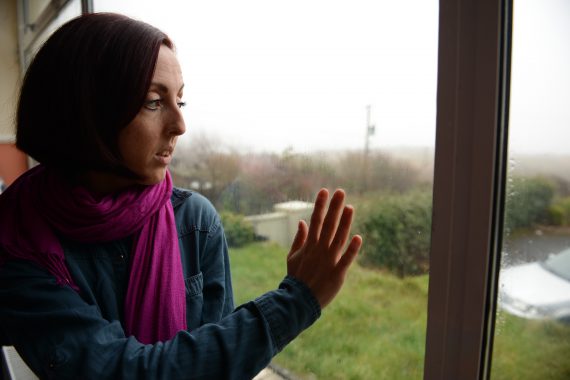Exclusive The majority of GPs say they have to diagnose child and adolescent mental health disorders ‘above their level of competence’ due to a marked deterioration in access to specialist services.
Six out of ten say that they are forced to diagnose serious illnesses such as autistic spectrum disorder or ADHD and prescribe specialist treatment, due to a ‘dearth of provision all over the country’.
The Pulse survey of over 900 GPs found 47% believed access to child and adolescent mental health services (CAMHS) had worsened in the past year, compared with only 5% who believed they had got better.
Some 58% of respondents said they are expected to diagnose child and adolescent mental health disorders due to a lack of access to services, compared with 36% who said they were not.
The figures come as an independent report – published today – found that between 2013/14 and 2014/15 the number of referrals to CAMHS increased five times faster than the growth of the workforce in these services.
The Mental Health Taskforce report recommendedthat the £1.4bn committed for children and young people’s mental health over the next five years should be invested to ensure that by 2020 at least 70,000 more children and young people have access to high quality care.
But the investment comes after successive cuts in CAMHS budgets. A Pulse investigation in 2014 revealed CCGs were making cuts of around 1.8% to their CAHMS budgets.
Last year, a NSPCC investigation found that one in five children and young people were rejected for treatment and that waiting times were up to six months. And now GPs warn this has resulted in them feeling pressured to diagnose and treat patients beyond their generalist training.
Last year, Scottish LMCs claimed GPs were increasingly being expected to manage patients on specialist treatments, such as sedatives and tranquilisers.
This new Pulse survey shows this is the case across the country. A female GP from Yorkshire said diagnosis was ‘often expected by patients in general as there is a lack of specialist services for GPs to turn to for advice or assessment’.
A male GP from Scotland said: ‘I am pushed to refer many children who are badly behaved, have educational rather than mental health issues, and who are being harmed by poor parenting skills. I am really not qualified to intervene in any of these areas and would like to have a service I could refer vulnerable children to, at least until a diagnosis is made.’
A female GP from Norfolk said: ‘We’re often feeling pressured into prescribing SSRIs to adolescents because wait to see anyone is unacceptably long. Yet, I feel that this is a specialist area.’
A portfolio GP in West London said: ‘Referral to CAHMS, etc are being rejected, and new, stricter referral criteria being imposed so that GPs are expected to diagnose and treat much more.’
GPC prescribing lead Dr Andrew Green said: ‘This age group often demonstrate their distress by behaviour problems and there is understandable pressure from parents and schools to have diagnoses made as soon as possible. However, conditions such as ADHD or autistic spectrum disorder require detailed assessments which GPs have neither the skills nor time to provide, and huge damage can be done by premature or inaccurate labelling of children and young people.’
The RCGP has recently called for a mental health worker to be provided for GP practices to ensure access at all times to specialist support.
An NSPCC spokesman said: ‘These figures underline the considerable problems there currently are in local mental health services. GPs play a key role in helping to support extremely vulnerable children, including those who have suffered abuse and are struggling with the severe consequences on their mental health.’
What are GPs saying?
Do you feel you are expected to diagnose child and adolescent mental health above your level of competence due to a lack of access to services?
Yes – 58%
No – 36%
Don’t know – 6%
Over the past 12 months, has access to child and adolescent mental health services in your area:
Greatly improved – 0.3%
Improved – 5%
Stayed the same – 43%
Worsened – 35%
Become much worse – 11%
Don’t know – 5%
The survey was launched on 26 October 2015, collating responses using the SurveyMonkey tool. The 20 questions asked covered a wide range of GP topics, to avoid selection bias on one issue. The survey was advertised to readers via our website and email newsletter, with a prize draw for a Samsung HD TV as an incentive to complete the survey. A total of 922 GPs answered this question.
Pulse July survey
Take our July 2025 survey to potentially win £1.000 worth of tokens












